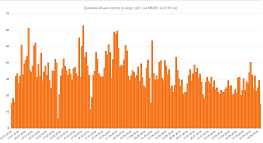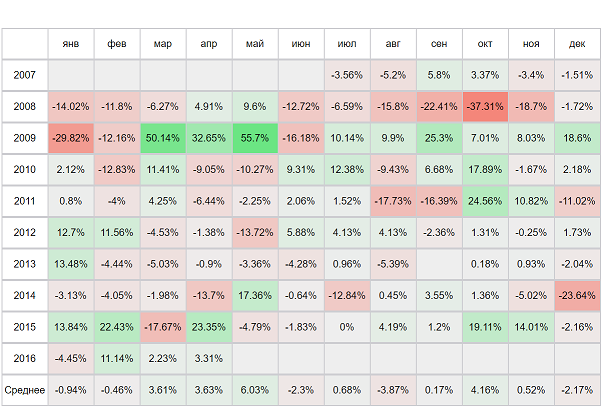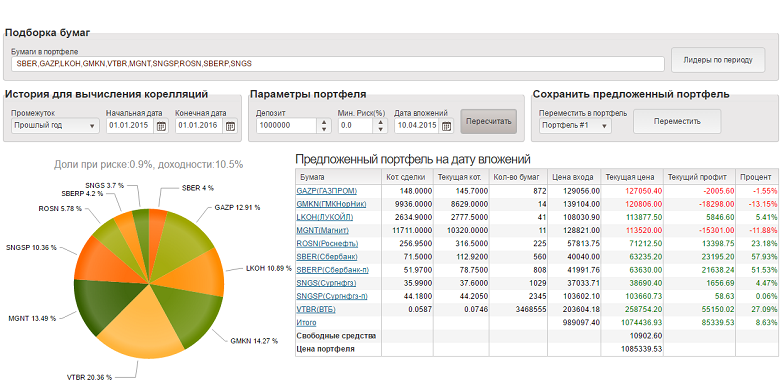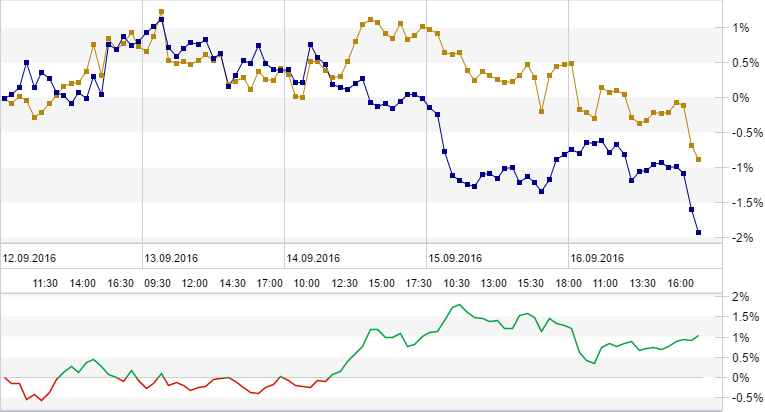 |  |  | |||||||||||
 |
|
||||||||||||
 |  |  | |||||||||||||||
 |
|
||||||||||||||||

Техническая поддержка
ONLINE
 |  |  | |||||||||||||||||
 |
|
||||||||||||||||||
Short sale basics | Housing | Finance & Capital Markets | Khan Academy
ruticker 02.03.2025 23:23:33 Recognized text from YouScriptor channel Khan Academy
Recognized from a YouTube video by YouScriptor.com, For more details, follow the link Short sale basics | Housing | Finance & Capital Markets | Khan Academy
You bought your house recently for **$200,000**. The way that you were able to pay this amount is that you put **25% down**, which means you made a **$50,000 down payment**. The balance, the other **75%**, you borrowed from the bank, resulting in a **$150,000 loan**. You pay it off with your monthly payments that include both paying down the loan and the interest. Now, something happened in your life—maybe you unfortunately lost your job, or your spouse lost their job, or perhaps you just overestimated your ability to pay off your mortgage payments. As a result, you're having difficulty making them, or frankly, you can't make your mortgage payments anymore. In this situation, you have a couple of options: 1. **Sell the house**: Some type of sale. 2. **Foreclosure**: You could essentially give the house back to the bank, which is called foreclosure. In another video, we will go more in-depth about what happens in foreclosure, but essentially, the bank is going to get the property, try to auction it off, and if it can't auction it off, then the bank will own the property and may try to sell it at a later date. This is not a good option for you, as it will severely damage your credit, making it very hard for you to get any type of loan, especially a mortgage loan, anytime in the near future—really, over the next several or many years. So, you say, "Okay, I want to pursue the sale option." Unfortunately for you, the housing market has deflated dramatically. When you talk to a realtor, they figure out that after all is said and done, you try to sell it for more than your loan amount, but you're not able to. The offers are really low—around **$120,000** to **$130,000**. When you sit down with the realtor and think about what the market is willing to pay for your house, you realize that the most you could get for your house, after paying the real estate commissions and all the other costs involved in selling, is maybe **$120,000**. Let's say you still owe pretty close to **$150,000** on the loan from the bank. Your loan might have even been an interest-only loan, and even after a year or two, you're probably not going to pay down the balance of your loan too much—it might be around **$140,000** or **$145,000**. So, you're only able to get **$120,000** for the house. What do you do? You don't want to end up in a situation where you sell the house for **$120,000**, but still owe **$150,000** on the loan. You would still have to pay **$30,000** for a house that you don't even have anymore. One option, though not always available, is to go to your bank and ask, "Can I do a **short sale**?" A short sale is essentially selling the house for less than you owe on the loan. Let me write this down: **Selling for less than what you owe**. The bank doesn't have to agree to this, but they might. The bank would have to agree to the short sale because their loan is secured by the property that you're selling. In most cases, the reason why you would want to do the short sale is that the bank may forgive the balance of the loan. You could go to the bank and say, "Look, I lost my job, and we're having trouble paying for this house. After paying real estate commissions and all the rest, I can only get **$120,000** for this house. I know that I owe you **$150,000**. Can you forgive the extra **$30,000** that I owe?" The bank might choose to do that. However, even in this situation, you have to be very careful, and this has to be negotiated with the bank. The bank could still report you to credit agencies, which is really not going to be much better than getting a foreclosure. As part of this negotiation process, the bank is under no obligation to forgive your loan or to not report it to the credit agencies. Ideally, you would try to convince them not to report it to the credit agencies. Another issue with a short sale, which few people think about, is that when you have, let's say, **$30,000** forgiven, the IRS might consider that to be income. So, you might have to pay **income tax** on this amount. People often ask, "Wait, if someone forgives a loan, why is that considered income?" The best way to think about it is that if the IRS did not consider that income, it would create a huge loophole. For example, if I wanted to pay someone, I could give them a **$100,000** loan and then forgive the loan. This would essentially be a transfer of money, which would be identical to giving someone a gift (which is taxed) or giving someone some type of income. In summary, a short sale isn't always going to be an option, but if your house is selling for less than the value of the loan, you might be able to negotiate with the bank to allow you to sell the house for less than the value of the loan. The bank's other option is to go into some type of foreclosure proceeding and take ownership of the house, which is also expensive for the bank. The key points are that even if the bank is willing to let you sell the house for less than the loan amount, you really need to ensure that the bank is willing to forgive the balance and ideally not report to credit agencies.
Залогинтесь, что бы оставить свой комментарий












